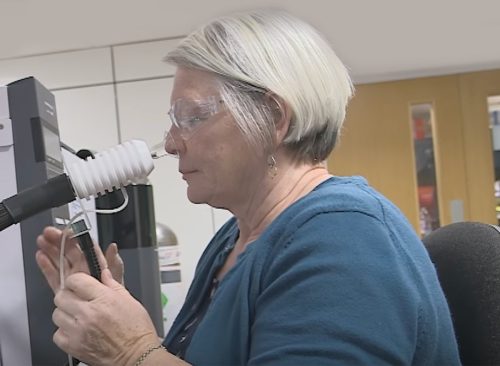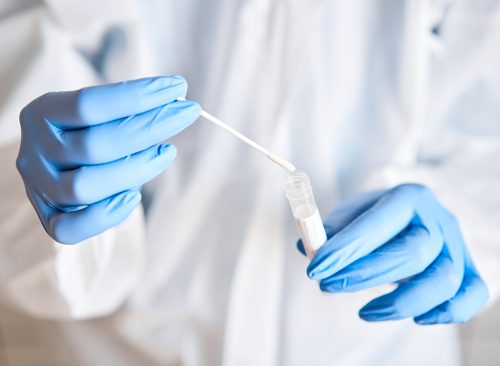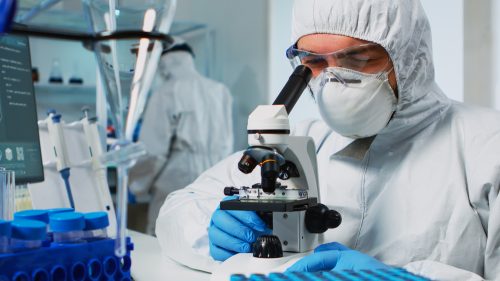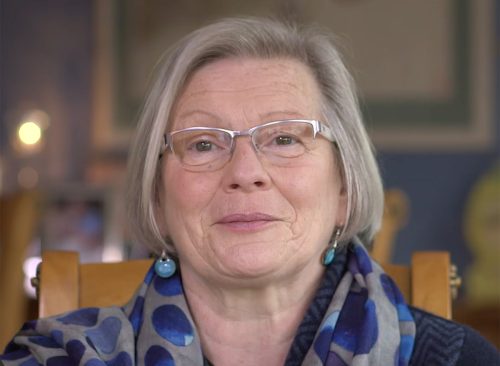Woman Who Can Smell Parkinson’s Helps Scientists Develop Test to Detect it With 95% Accuracy
“It will make a difference,” her late husband said.

A woman who discovered she could smell Parkinson’s disease on people has led the way for groundbreaking new testing which scientists say is up to 95% accurate. Joy Milne, 72, a retired nurse from Perth, Scotland, noticed that her husband had a particular smell after he was diagnosed with Parkinson’s. She then noticed that same smell on other people with the condition, at a medical convention. Here is how Milne’s discovery could change the way Parkinson’s is detected.

Milne noticed her husband Les had developed an unusual odor more than 12 years before he was officially diagnosed with Parkinson’s disease. “He had this musty rather unpleasant smell especially round his shoulders and the back of his neck and his skin had definitely changed,” she said. Les sadly passed away in 2015.

Milne attended a Parkinson’s convention with her husband after he was diagnosed, and recognized that same smell on other people who had the same condition. Milne’s observations are now being used to develop a non-invasive and highly accurate way to diagnose Parkinson’s by researchers at the University of Manchester. With her help scientists are using cotton swabs to collect sebum, which is then tested for Parkinson’s.

Using mass spectrometry 79 people with Parkinson’s were compared to a control group of 71 people without the condition. The results showed more than 4,000 unique compounds in the sebum swab samples, of which 500 were different between the Parkinson’s and control group. This would be the first time Parkinson’s would be diagnosed via a chemical test, researchers say.

“At the moment we have developed it in a research lab and we are now working with colleagues in hospital analytical labs to transfer our test to them so that it can work within an NHS environment,” says lead researcher Prof Perdita Barran, who calls the test “transformative”. “We are hoping within two years to be able to start to test people in the Manchester area.” Health officials believe Milne’s discovery and Barran’s research could revolutionize Parkinson’s diagnosis and subsequent treatment. “Currently with no definitive test people have to wait months or years to be diagnosed so the fact that you could get the treatment and support you need and that researchers could begin new treatments is incredibly important,” says James Jopling, the Scotland director of Parkinson’s UK.

Milne wishes her husband could have been diagnosed earlier—but she is glad the research could help other people. “We would have spent more time with family,” she says. “We would have traveled more. If we had known earlier it might have explained the mood swings and depression.” Milne says her husband made her promise to look into her smell-theory the night before he died, saying, “You must do this because it will make a difference.” Let’s hope it does.














